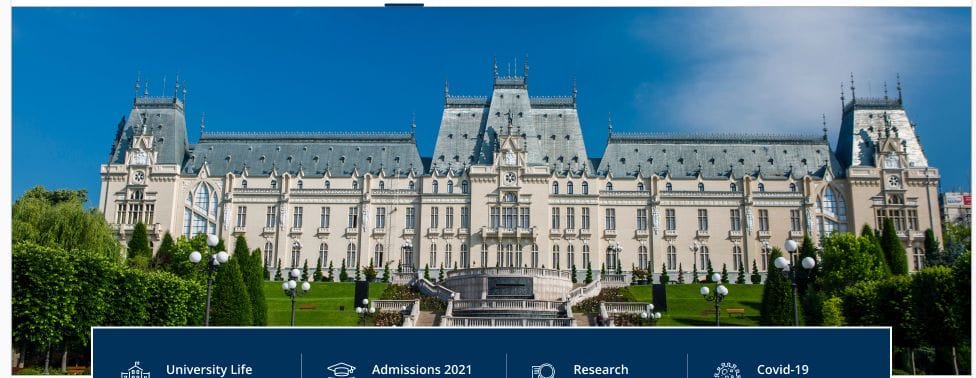Procedures for Optimal Resource Utilization
MAHER was started under the Meenakshi Academy of Higher Education and Research Trust in 2004 and is funded by the trust since inception. The trust was started by Mrs. Meenakshi Ammal, a philanthropist and astute social leader of her times and has the Chancellor, Thiru A.N Radhakrishnan as the Managing Trustee. The Resource mobilization policy, approved by the Board of Management, serves as the guiding statement and is hosted in the Institute’s website. A description of the institution’s strategies for mobilization of funds and its optimal utilization is presented here.
Sources of Funding
Fees collected by admission of students in the form of tuition fees, bus fees, mess fees, hostel fees are the main source of income for all the Constituent Colleges of MAHER. The hospitals attached to MMCHRI, MADC, FOT and FPT generate income through patient consultations and health care delivery.
The staffs and students of MAHER apply for various governmental and non-governmental funding agencies to conduct research, outreach and extension activities. This includes ICMR, DST, DBT, TNSCST, NSS and MHRD. The Cleft ward attached to 100 bedded Meenakshi General Hospital as per DCI norms, attracts funds from Cleft International, a philanthropic organization, which provides funds nearing Rs One crore each year to provide surgical and rehabilitative services to cleft patients.
Research Consultancy Services by our Central Research Laboratories at MADC, MMCH&RI and MAHER besides Tissue Biopsy by Department of Oral Pathology, MADC generate additional funds.
Spaces let out for supplementary Services like cafeteria, canteen, Stationery outlet, Instrument Depots, Nationalised Banks, ATMs and parking space for visitors and outsiders augment our resources significantly.
Mechanisms for Optimal Usage of Resources
Board of Management: The Board of Management, being the highest governing body of the Institute, is vested with the powers to be the final decision-making body with respect to all financial matters. Funds are most judiciously utilised without compromising on the quality and priority of such outlay. All the statutory compliances and best of hygiene are top most in the list of priorities on an on-going basis for the BoM.
Finance Committee: This committee plays a vital role in drafting the annual budget and maintains the accounts of the Institution. This Committee fixes the upper limit for both recurring and non-recurring expenditure based on the priorities as mentioned above, expansion plans, value additions to existing facilities, periodical maintenance etc., to correlate with the budgeted income and Expenditure generation.
Planning and Monitoring Board: The Board is the apex body to plan the developmental aspects of the institution and ensures optimal utilization of resources for maximum results through periodic review. Review of periodical operations for course corrections through fine tuning of strategies and reassessment of Annual Plans are major agenda points of such apex level meetings.
Internal Financial Audit: MAHER has appointed an internal auditor who conducts on-going internal financial audit thorough both online and physical verifications. The internal auditor submits the observations, if any, to the Finance Department for rectifications as suggested by the Auditor. This is also reported to Finance Committee for information and record.
External Financial Audit: The External Auditor performs the audit in accordance with accounting standards, tax compliances, and other regulatory compliances as per applicable statues and ordinances governing the functioning of deemed University. Internal Auditor coordinates with the External Auditor and during Annual Closing of accounts, External Auditor carries out the mandatory Audit after due scrutiny and certification from the Internal Auditor.
Appropriate Control mechanisms are put in place for effective monitoring and management of Financial Operations by the Finance Department as guided by the Finance Committee.

